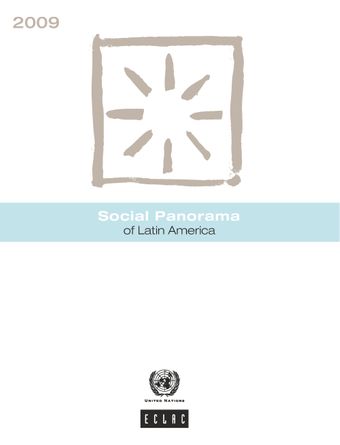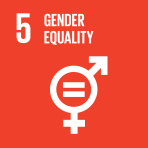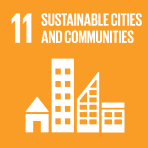Trends in social spending, cash transfers and conditional transfer programmes

- Author: United Nations
- Main Title: Social Panorama of Latin America 2009 , pp 85-132
- Publication Date: January 2011
- DOI: https://doi.org/10.18356/4bdc1a8f-en
- Language: English
During the application of the outward-oriented development model which prevailed up to the mid-twentieth century, the scope of social benefits in Latin America was limited to civil servants and the personnel of agricultural and mining operations connected with international trade. With the growth of the urban middle class and the working class, the State came under pressure to change its approach to social issues, and an industrialization model based on import substitution was adopted. This involved the State managing and ensuring both economic development and the provision of well-being, which was to be achieved by protecting wage-earners as key actors and constructing a segmented protection system.
© United Nations
ISBN (PDF):
9789213629123
Book DOI:
https://doi.org/10.18356/b315ab6a-en
Related Subject(s):
Economic and Social Development
Sustainable Development Goals:
-
From This Site
/content/books/9789213629123c009dcterms_title,dcterms_subject,pub_keyword-contentType:Journal -contentType:Contributor -contentType:Concept -contentType:Institution105
/content/books/9789213629123c009
dcterms_title,dcterms_subject,pub_keyword
-contentType:Journal -contentType:Contributor -contentType:Concept -contentType:Institution
10
5



